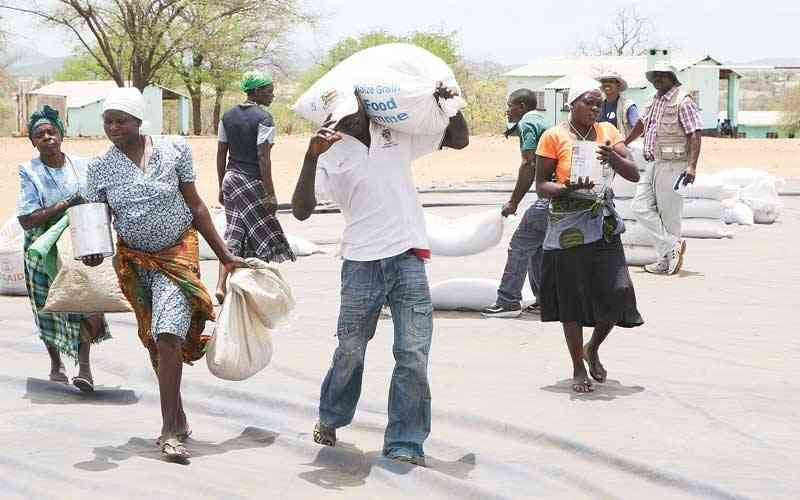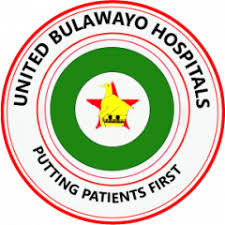
THE ruling Zanu PF party has said it will superintend food distribution throughout the country as Zimbabwe battles famine in the aftermath of an El Niño-induced drought.
President Emmerson Mnangagwa recently declared the drought as a state of national disaster to enable the marshalling of resources from aid agencies, co-operating partners and the private sector.
It is estimated that about 2,7 million people will require food aid with the number expected to rise in the third quarter of the year.
Mnangagwa said over US$2 billion was required to ward off the effects of the El Niño-induced drought.
In such a situation, one expects that all hands will be on deck to marshal resources. For strange reasons, Zanu PF wants to score cheap political points.
On Monday, the party’s spokesperson Christopher Mutsvangwa said Zanu PF’s central committee had recommended the supervision of the food distribution being carried out by government to ensure that no one starves.
“Zanu PF is known for its mobilisation prowess, it mobilised the rural people to fight the colonial army and it won. The party will use its organisational prowess to fight the El Niño-induced drought, which is the worst in four decades,” Mutsvangwa pontificated.
If anything, organisational prowess and Zanu PF are antitheses after the governing party claimed that the country had enough grain when it had been forecast that the 2023/24 agricultural season would be a disaster.
- Mnangagwa marches expose Zanu PF fights
- Zanu PF bigwigs face axe in purge
- Zanu PF splurges cash on delegates
- Mnangagwa marches expose Zanu PF fights
Keep Reading
Where was the organisational prowess when the government was on a defensive mode after the Grain Marketing Board said the stocks in its depots would run out in May?
Zanu PF wants to control the food distribution exercise for optics. It wants to be seen as a caring party. There will be some slogans here and there as it reminds hungry villagers that “had it not been for the President, they would have starved”.
There is a thin line between Zanu PF and the government with the two being conflated, especially in rural areas.
Using food handouts as a weapon to control vulnerable people in remote areas is part of Zanu PF’s DNA. This explains why the party is at sixes and sevens, fearing that non-governmental organisations will influence voting patterns in its stronghold areas.
Last month, Public Service, Labour and Social Welfare minister July Moyo warned of “decisive action” against NGOs deemed to be “mistreating” or “manipulating” the rural populace during food distribution.
Zimbabwe is facing the worst drought in more than 10 years and one thing citizens do not expect is a party trying to score cheap political points under the guise of being a “knight in shining armour”.
The election season is behind us and we need to confront the threat ahead of us.
It behoves all citizens to play their part to ensure that no one starves, starting at a community level ascending to the national level.






